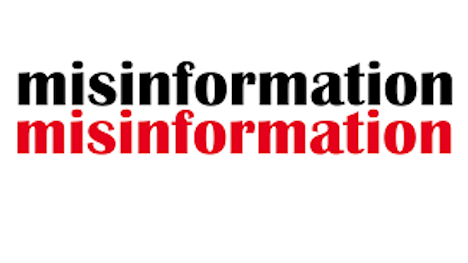
Operation Inspiration
Even if you’re familiar with the expression, “Can I get the 411?” slang for, “Can you please give me information?” you may not be familiar with the actual 411 service. A good tipoff would be if you understand things like electric Segway scooters, designer sneakers, and Instagram. If so, you probably never experienced 411.
For years, at least since the 1930s, callers could pick up a phone and dial 4-1-1. An operator would pick up and say, “Information.” You would ask for, say, the number for R’ Moshe Feinstein in New York City. The operator would check her system and give you the number if it was listed. If you were a prankster, you might dial 4-1-1 and when asked what your query was, respond with, “Can you tell me how to make a peanut butter and jelly sandwich?” Usually, the operator would not find this as humorous as you did.
Though the calls used to be free, at a certain point phone companies began charging for the service. It could cost you a dollar or more to access this system (if it even still exists.) But, in recent years, the importance of Directory Assistance has waned with the advent of technology.
With the age of internet, and being able to “ask the Google,” people bypass the need for the operator and find the answer themselves. But this is not limited to phone numbers. Instead of asking a teacher for help with a math problem, people use fancy calculators and online courses. Then there’s YouTube which provides videos on how to do everything from changing a tire to building a house to making that peanut butter and jelly sandwich.
Need some information for a project? Simply present your query to Google or another search engine and you’ll be privy to roughly 3,562,839 different sites or postings in regard to what you’ve asked. You don’t need to make a personal connection with anyone because they’ve already posted it for you. And that’s when the big pitfall of all this technological advancement comes in: misinformation.
You see, though people share their information with you for free (most of the time, though most sites for finding someone’s phone number end up trying to sell you background searches when all you want to do is call the person,) you’re at the whim of the poster in terms of its accuracy.
For example, someone was interested in the kosher status of a certain beverage. He searched for it by name with the word “kosher” and up popped a site happily approving said drink. Of course, the Kashrus agencies who deal with the issues of stam yeinam and other manufacturing challenges had multiple pages explaining why the drink was NOT kosher. But, damage done, this fellow purchased the item and shared it with others, proudly informing them that he’d done his research.
Sadly, too, there is much misinformation on Halacha, hashkafa, and so many other things out there which people unwittingly fall victim to. It behooves us to be warned and consider that not everything we read is true. Did not Abraham Lincoln himself say, “I do not believe we actually landed a man on the moon!”?
This message was driven home to me in a fabulous and uplifting way. My daughter has a commute to work of about an hour. She has Waze to guide her and the GPS will often make tweaks to her normal directions. But she doesn’t follow it blindly. She will call me and say, “Dad, Waze is telling me to take exit 7Q and go on the Streamline Highway. Then I switch over to the Cross-Township freeway and the Bottombell bridge. Does that make sense?”
Often she’s asking me as if I know every backroad and shortcut in New York, though I never actually lived in NYC. Sometimes I’ll pause knowingly, as I consider it, and tell her, “Yes, that should be fine.” Other times I’ll tell her, “You’re better off sticking to your regular route, even if it takes a few minutes extra.” Rarely will I admit the truth: “I have absolutely no clue, so just follow the GPS,” though I have phrased it a little differently sometimes.
What struck me this time, though, was the trusting innocence of Little Miss Information Please, as she reached out to someone she trusted to make sure that what she’s being told is accurate. Instead of simply believing what a machine, even one as advanced as a GPS, said to her, she wanted to fact check.
The world around us doesn’t even wait for us to ask. We are showered and bombarded with information and opinions from every angle. Posters and letters, Whatsapps and emails, even phone calls yelling at us in foreign languages, try to make us think like whoever is putting forth the spew of data.
We need to be hesitant to accept things at face value and fact check with a person we trust to know what the right thing is according to the Torah.
If everyone is talking about a certain topic, we must nevertheless ask whether the consensus opinion is valid. We must wonder if we’re getting misinformation and may get lost. We should have someone knowledgeable and trustworthy to help guide us. By retaining that need for reassurance that we’re on the right path, we’ll be able to save ourselves a lot of trouble on the road of life.
© 2021 – All Rights Reserved
Did you enjoy this column? Feedback is welcome and appreciated. E-mail info@JewishSpeechWriter.com to share your thoughts. You never know when you may be the lamp that enlightens someone else.